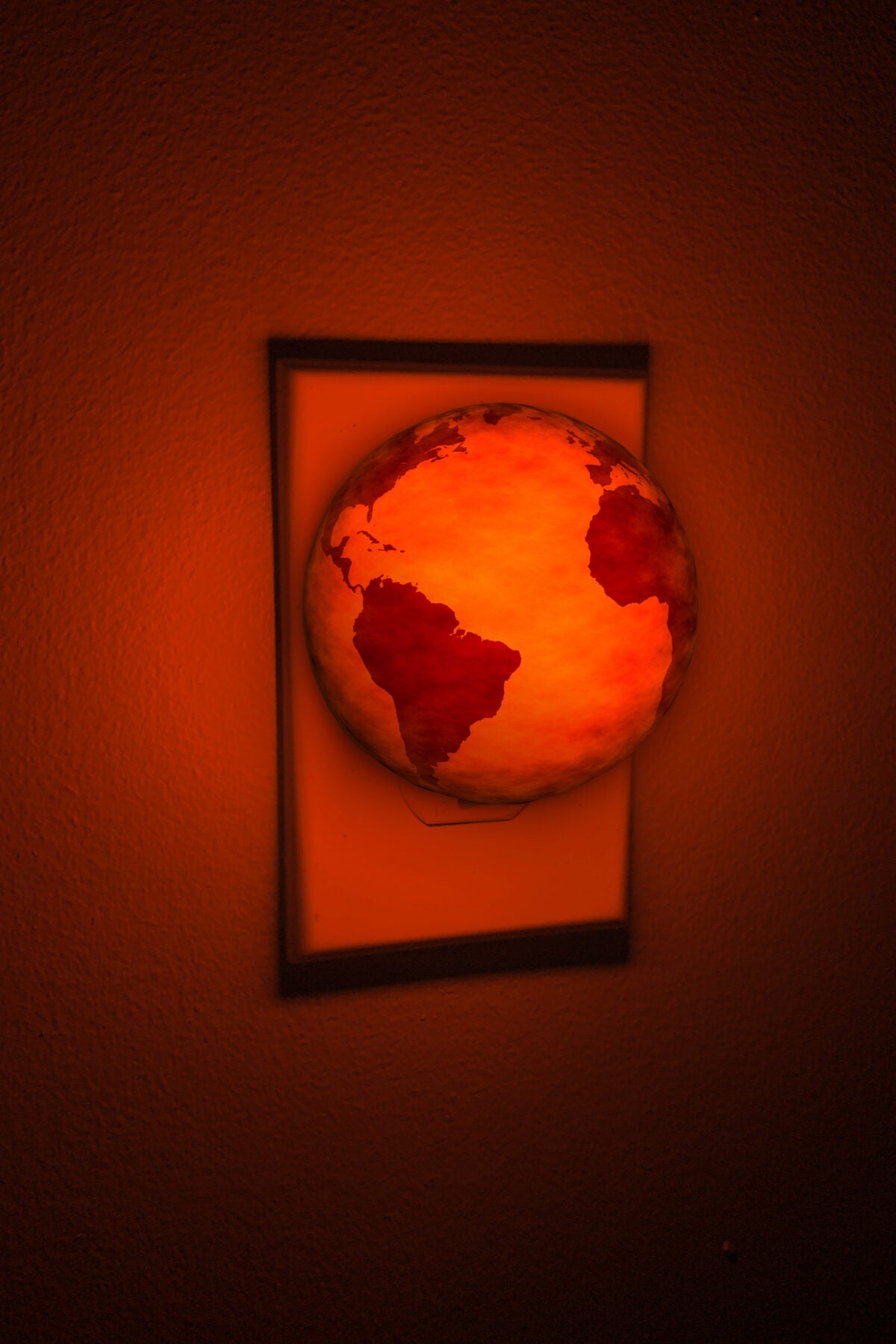
Research
Climate change could be keeping you up at night
A good night’s sleep is elusive enough without the end of daylight savings time throwing off our usual sleep schedules. That’s not good news as flu season takes hold, says Michael Irwin, a health researcher at the UCLA School of Medicine. Even small disruptions to our nightly slumber compromise our immune systems, making us vulnerable to infectious diseases like COVID or the flu. But changing our clocks happens only twice a year, and Irwin is far more concerned about a more permanent threat to good quality sleep: climate change.
Irwin studies how sleep regulates the immune system. His research suggests rising temperatures around the world, including record-breaking heatwaves, could disrupt sleep much more often, leading to increased health problems on a population level. As if worrying about climate change wasn’t already keeping us up at night.
Sign up for Harvard Public Health
Delivered to your inbox weekly.
Irwin spoke with Harvard Public Health senior editor Christine Mehta. The interview was edited and condensed for clarity.
Q. Why is sleep so important for fighting off infection?
Irwin: It’s not just sleep deprivation that harms our health, but evidence suggests sleep disturbance makes it harder for the body to fight infection. When we don’t sleep deeply, our immune systems fail to go through their normal nightly processes of priming for exposure to infectious disease or injury. If sleep is consistently disrupted or restricted, the immune system becomes dysregulated, producing more inflammatory agents called cytokines that can lead to long-term inflammation and the development of cardiovascular or metabolic disease, and fewer antibodies to fight infection.
Q. If I’m not sleeping well, should I be more concerned about catching a cold, or about long-term effects on my overall health?
Irwin: The answer is both. Sleep disturbance impairs the body’s ability to respond to viral infections. In studies where people are exposed to the common cold after a sleep evaluation, people who have more sleep problems and struggle to stay asleep throughout the night are more likely to get a cold, and less likely to recover from it quickly. The most striking part of the studies are that you can wake people up for just very short periods during the night, and it still affects their immune system.
Q. Your latest research shows that climate change, and specifically warmer nighttime temperatures around the globe, could affect our sleep on a population scale. This could mean higher rates of infectious disease, and poorer health overall. What’s the connection between warmer temperatures and sleep disruption?
Irwin: Body temperature is closely tied to sleep during the night. Our bodies prime for sleep when the ambient air temperature cools. Usually this happens when the sun goes down. And we tend to wake up in response to small temperature changes right before and during sunrise. The conventional sleep wisdom has told us that we respond to light and darkness to fall asleep and wake up. But one study of aboriginal groups in Australia found people wake up when there’s a change in temperature. Light is certainly important, but we have found in experimental studies that you can manipulate body temperature, within a reasonable range of course, to affect sleep and sleep quality. When you modestly cool people, they have better sleep quality. But if you modestly heat them, they are more likely to have disturbed sleep, they wake up more frequently, or can’t go back to sleep.
What’s worrying is that very minor changes in ambient air temperature have significant impacts on self-reported sleep quality in some recent studies.
Q. Who is this affecting the most?
Irwin: There are huge areas of the world where air conditioning is far from common. And there are many families here in the U.S. that don’t have access to air conditioning. There are so many parts of the U.S., and we saw in the U.K. and Europe last summer, where air conditioning just hasn’t been necessary in the past, and so it’s not common. I’ve been living in Montana and air conditioning isn’t really a thing here. But suddenly, our summer temperatures have been breaking records. There’s this huge change that’s been happening quickly where nighttime ambient temperatures are 2 to 4 degrees greater than previous norms. These are huge increases, and these are the kinds of increases that we’ve seen can significantly disturb sleep in our lab studies.
Q. How can we balance needing good sleep to stay healthy, and the environmental impact of keeping our air conditioning on all night, or using electricity to run a fan?
Irwin: As more people shift towards using air conditioning in the summer, it will exacerbate the environmental crisis until we get our energy from renewable sources. But people can use less air conditioning than they think they need. Sleep experts often say that a room temperature of 60 to 67 degrees is best for sleep. More research is needed, but we’ve found that most of the time you’ll sleep just as well with a light blanket in a room between 74 and 78 degrees. It’s when you get into the 80s and above that sleep disturbance appears to occur.
Q. Some sleep advice says heavy or weighted blankets and a cool room is best for sleep. Should I be getting rid of my heavy duvet?
Irwin: To initiate sleep, that’s exactly right. Cooling air temperatures tell us to get ready for sleep, and then we as mammals make our cocoon or build our nests so we’re warm and protected. Once we’ve done that, we fall asleep. But then of course, our bodies continue to heat up and we tend to wake up unless we adjust to keep our skin cooler. Fortunately, during our sleep we often can make adjustments to our coverings and maintain a more constant skin temperature without waking up.
Q. What do you think we can expect for population health as climate change continues to heat up the planet, interrupt our sleep, and impact our immune systems? Are people going to get sicker more often?
Irwin: I don’t think we have the data to tell yet, but if you build on the established links between the immune system, sleep, and body temperature’s impacts on sleep quality, it’s certainly alarming.


